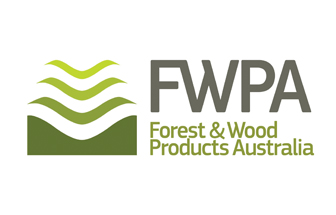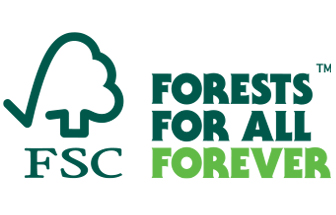NZ EUCALYPTS: SIGNIFICANT PROGRESS
WITH SEEDLINGS AND SUSTAINABILITY
Puketapu Forest, Marlborough: biosampling of 17-year-old E. globoidea.
Paul Millen, project manager of the New Zealand Dryland Forests Innovation (previously ‘Initiative’) spoke to Timber & Forestry enews about some recent developments in the organisation’s journey to develop a multi-regional hardwood industry based on planting durable eucalypts.
Mr Millen says beginning the year with an organisational name change “acknowledges that our project initiative has been successful. We have started commercial sales of our first generation of improved seedlings [brand name Xylogene] so growers can now establish new durable eucalypt forests with confidence that they are planting the best genetics available.”
He notes that much was achieved via the Specialty Wood Products Research Partnership (2015-22) – a government/industry-funded R&D program that aimed to develop the supply chain and international markets for a number of alternative timbers to pine.
“There has been significant progress with our tree breeding program, which resulted in the production of improved E. bosistoana and E. globoidea seed by 2020.
“There’s also been important work right along the future supply chain – including the development of growth and heartwood modelling; site and species matching; wide-ranging wood processing/product research; and economic case studies to support our proposal for the planting of 12 regional wood supply catchments.”
Additionally, Mr Millen is enthusiastic about a new Marlborough regional case study funded by the Ministry for Primary Industries (via its Sustainable Land Management and Climate Change fund).
“The aim is to evaluate how new investment in planting naturally durable hardwood forests could contribute to sustainability and reduce greenhouse gas emissions in Marlborough’s wine industry through a sustainable supply of naturally durable posts, timber and biomass for bioenergy.
“Research is focusing on field measurement, LiDAR capture, and destructive sampling of trees in seven of NZDFI’s Marlborough trials in order to research total tree biomass production.
“The students and staff of the University of Canterbury’s School of Forestry worked with local contractors who felled some 99 trees in various local NZDFI trials over the summer break – supported by the farm/forestry/vineyard landowners on whose properties the trials are located.
“This new data will provide the basis for Professor Euan Mason at the School of Forestry to extend his existing growth models for E. bosistoana and E. globoidea to include total biomass.
“Next steps include developing new models of tree growth utilising field data, and working with the landowners concerned to evaluate how durable eucalypts could contribute to their economic and environmental objectives. The project will largely be completed by the end of 2023.”
Mr Millen believes the possibility of converting durable eucalypts into biomass is also showing promise elsewhere in New Zealand.
“We have identified Huntly [just south of Auckland] as a possible location to establish a hardwood supply catchment producing timber for the Auckland and Hamilton markets – as well as producing biomass for potential use by Genesis [at its coal- and gas-fired power station in Huntly].
“Recent work by Genesis to successfully test the use of black pellets has given them confidence that the pellets can be an excellent alternative to coal. It is still early days, but we think this warrants a full feasibility study and we’ve started to discuss options with Genesis.”
BY MICHAEL SMITH
Main pic: Professor Euan Mason and team measuring a felled eucalypt.










